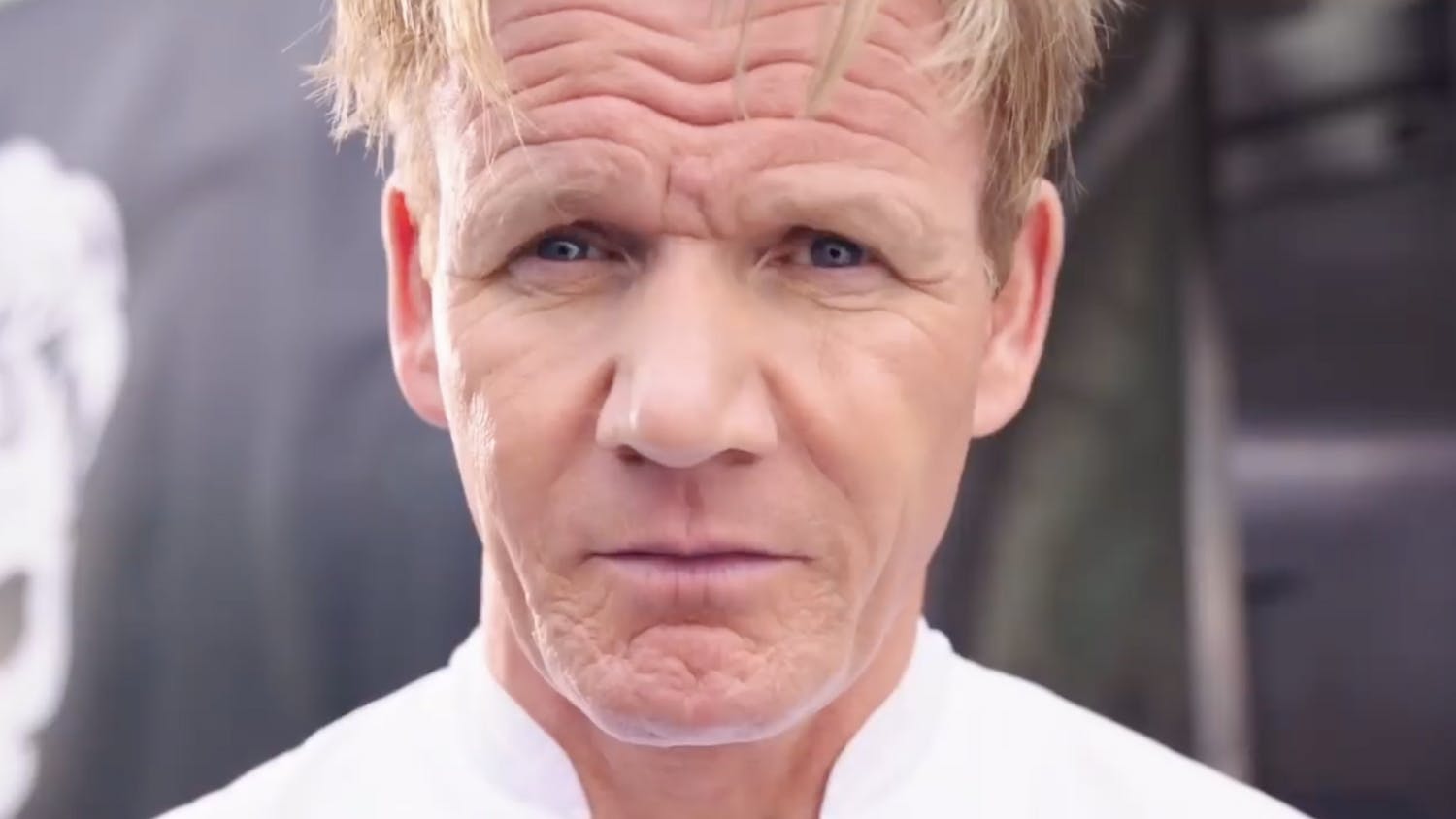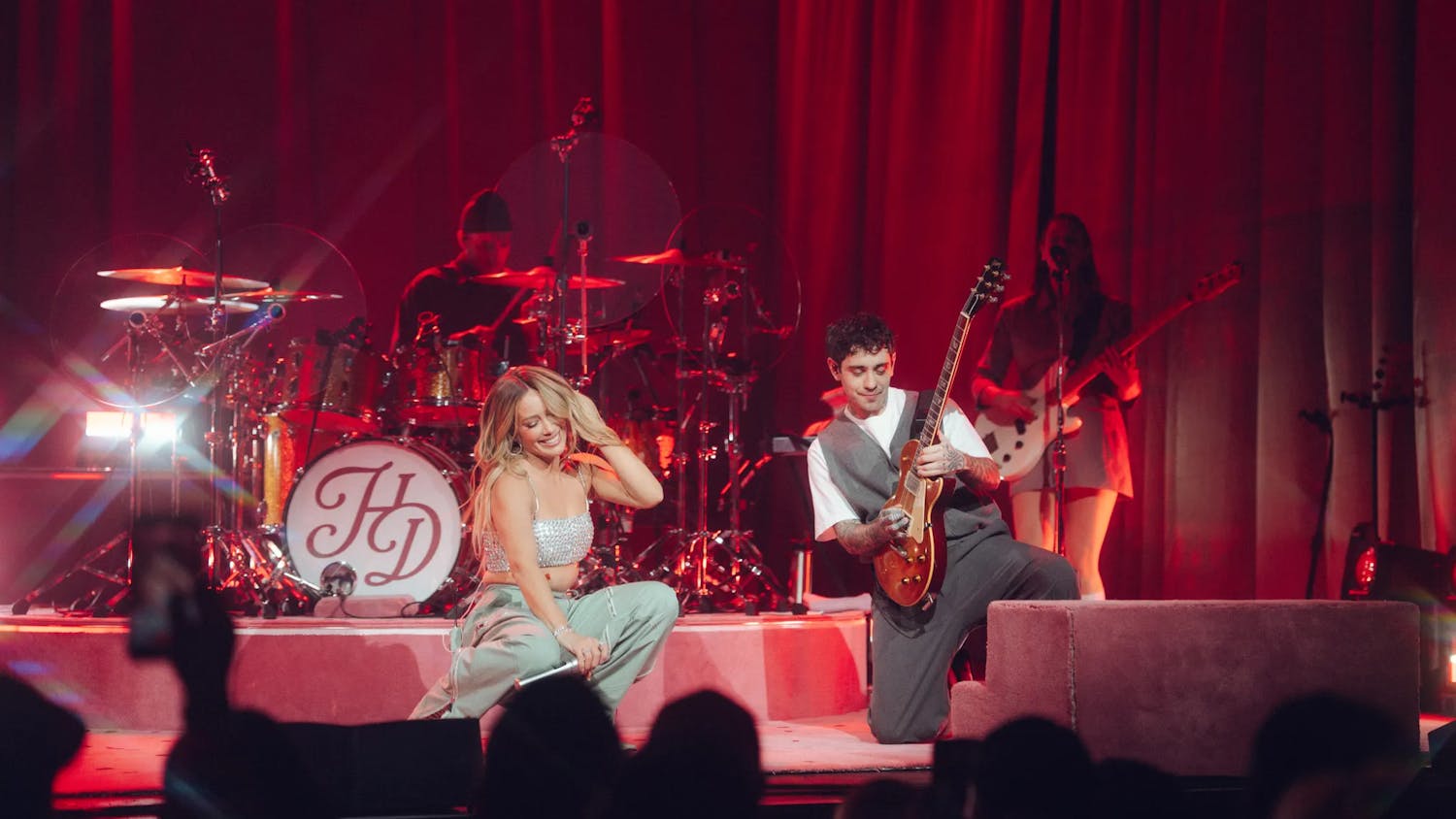The guttural thump of drums was accompanied by bodies moving with graceful ferocity this past weekend at Brown's third annual Rhythm of Change initiative, which aims to address social change in Africa and the diaspora through the arts.
The project is an important part of the University's 22-year study of the culture of the large West African ethnic group Mande, a largely understudied civilization that boasts rich artistic traditions.
The three-day festival was a collaborative effort involving the Department of Theater Arts and Performance Studies and the Creative Arts Council, among others.
Each day's events began with yoga and meditation and progressed on to stirring guest speakers and numerous traditional Malian dance and musical performances, such as doun-doun drumming, which showcased astonishingly swift beats. On Saturday night there was a particularly lively event called the "Uhuru Afrika Afro-diasporic Dance Floor Explosion," a dance party held by members of Boston-based Uhuru Afrika.
"The festival focused on public health and sharing experience," said Emily Goldman '14, one of the festival's organizers. "One of the things I was most impressed by was the students' willingness to engage with such an eclectic group of people to address the problems in Mali and Africa."
The festival's theme, "The Communal Bowl," continues a discussion between Brown students and Malian artists, nutritionists and social activists that began in 2011 concerning Mali's malnutrition crisis, according to the TAPS website.
"This year's theme explored the ways in which food and art bring people together," Goldman said. "Malnutrition is a serious issue in Mali, and Brown is a very food-conscious school. We make efforts for food justice and equality."
The Rhythm of Change initiative stands alongside other similar efforts such as the Alpert Medical School-sponsored Bloodline Project, which seeks to promote awareness in Mali and Sub-Saharan Africa about malaria through theater. This year's Rhythm of Change is in cooperation with the Arts in One World Festival, a yearly Brown assembly with similar goals of social change through human expression and performance.
"We decided to partner with the Arts in One World because we have similar missions — utilizing the arts for social change," Goldman said.
Professor of Theatre Arts and Performance Erik Ehn said of the One World Festival, "It's always free, there's always food and conversation is at the heart of it," according to the TAPS website.




